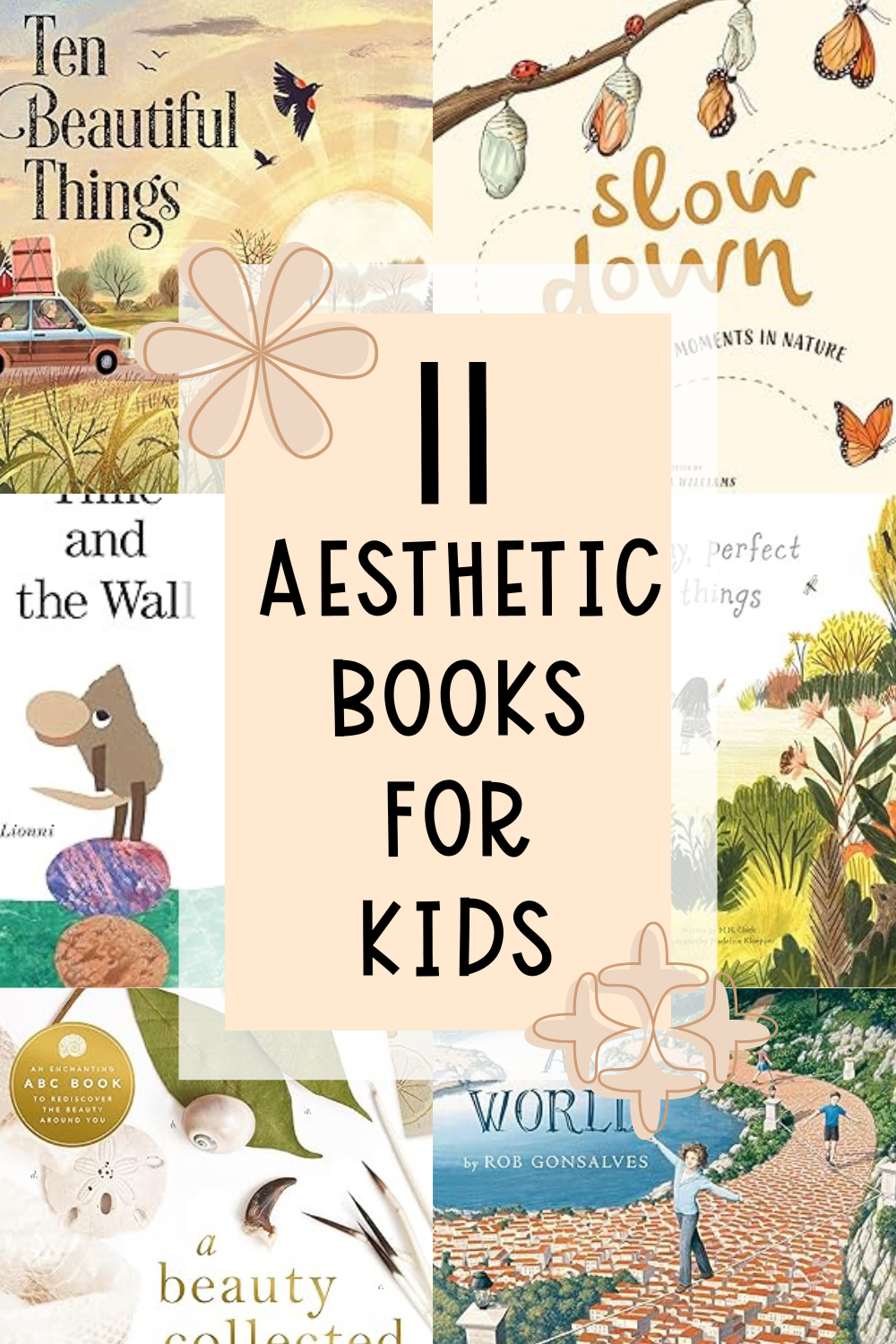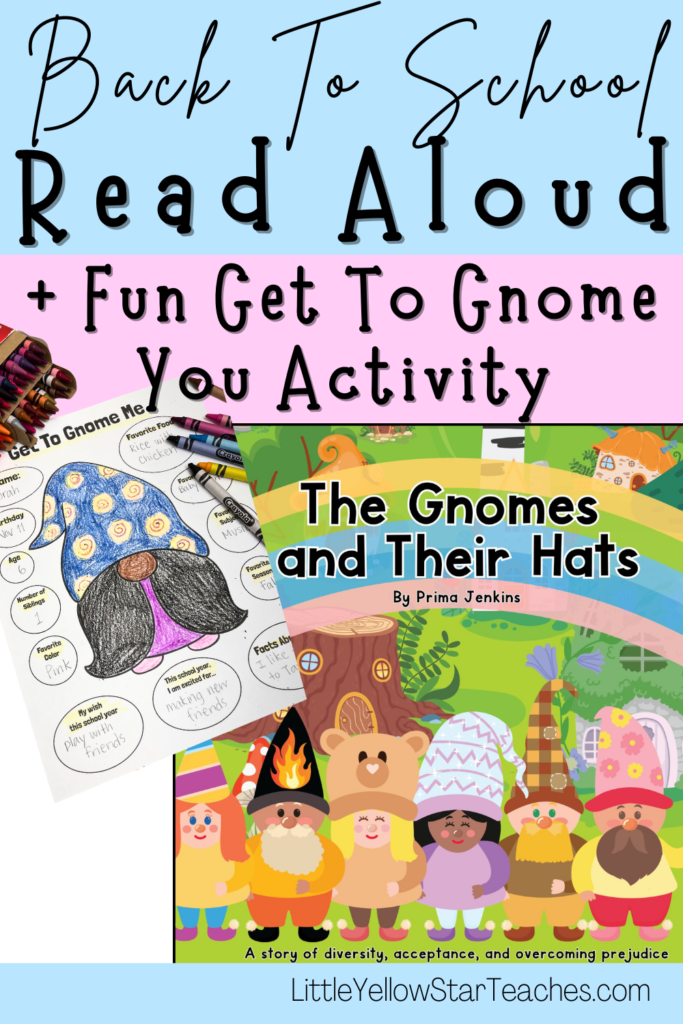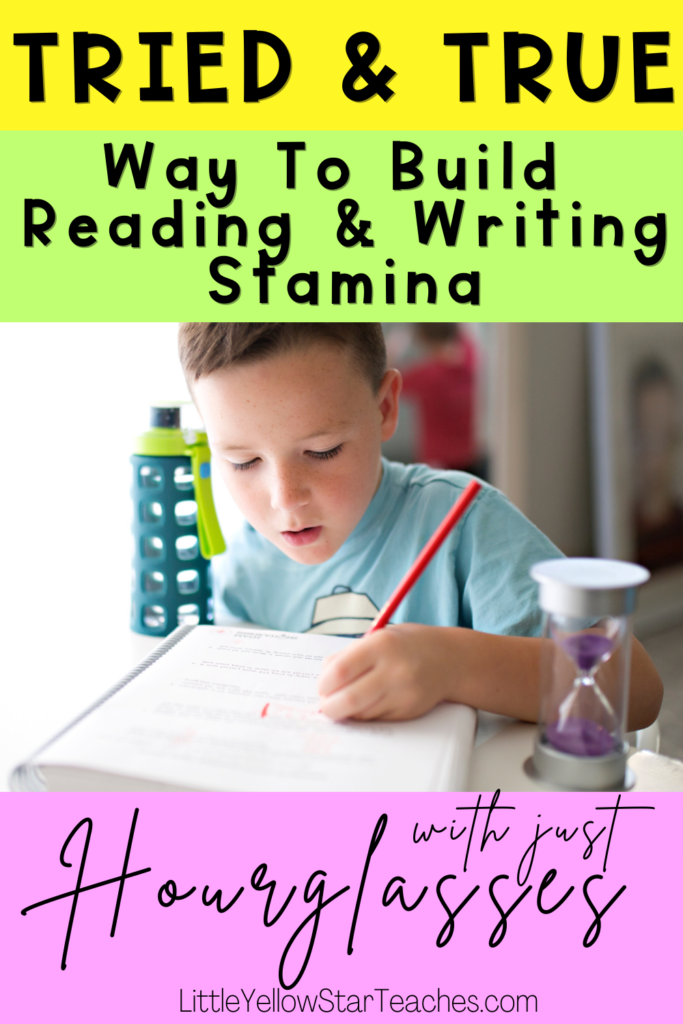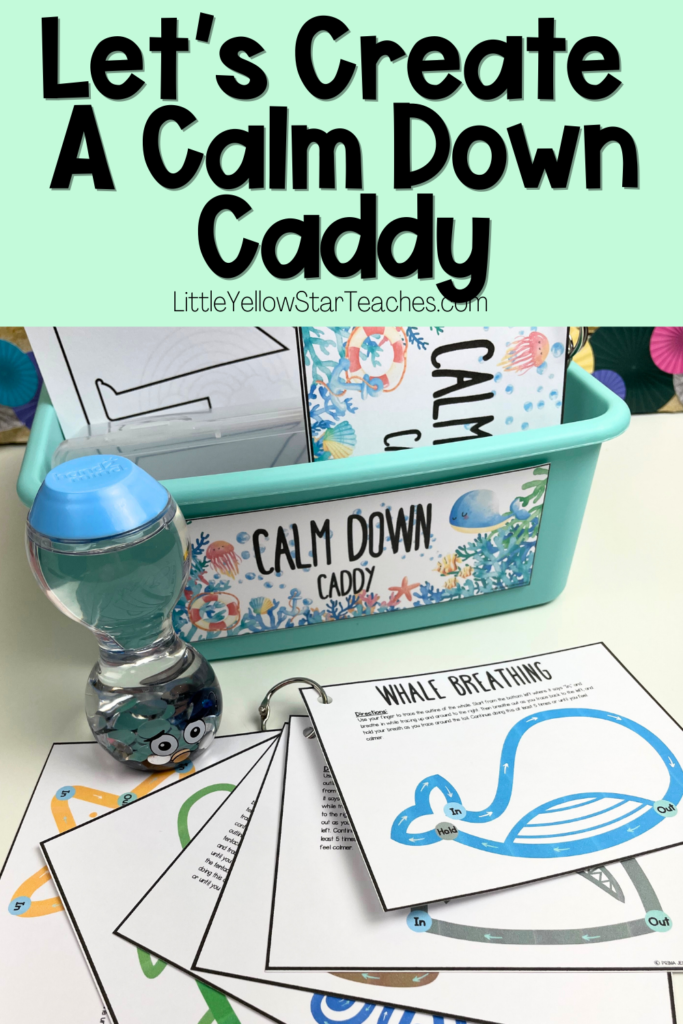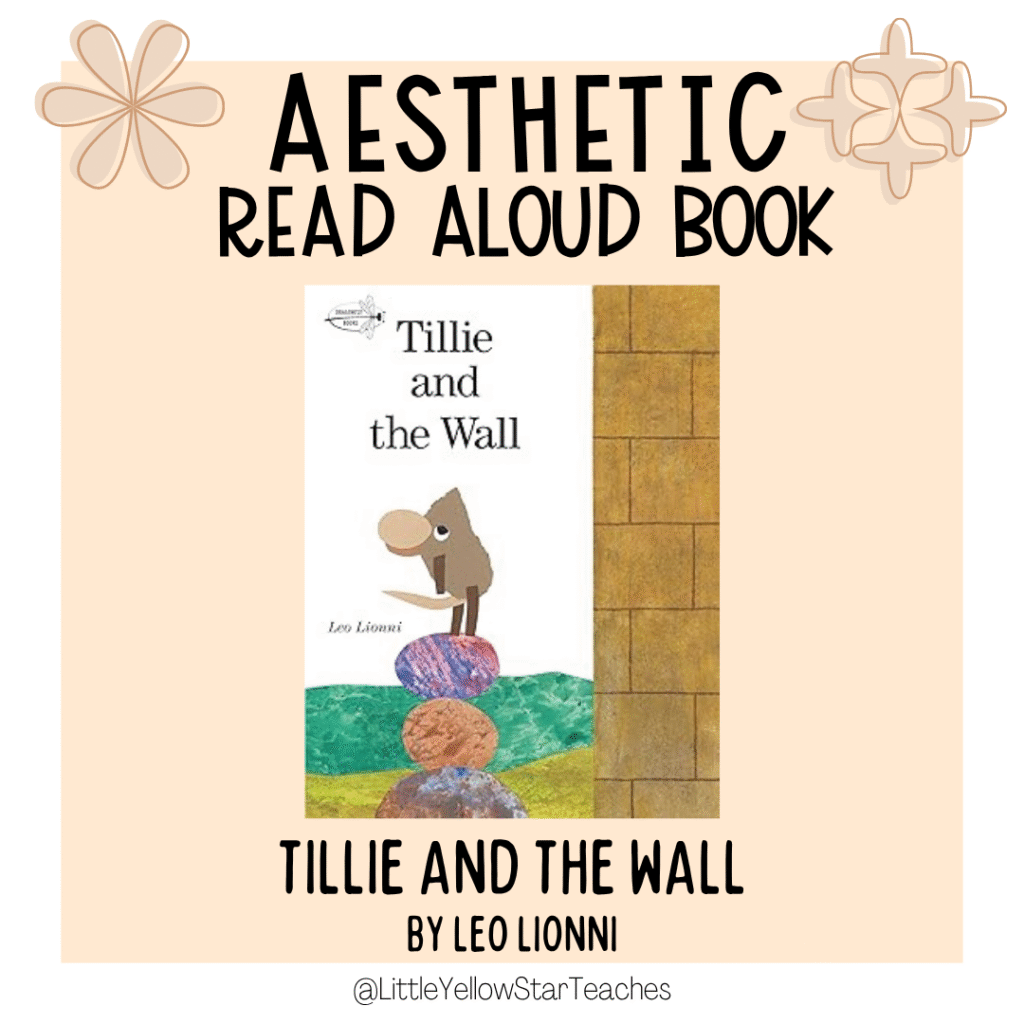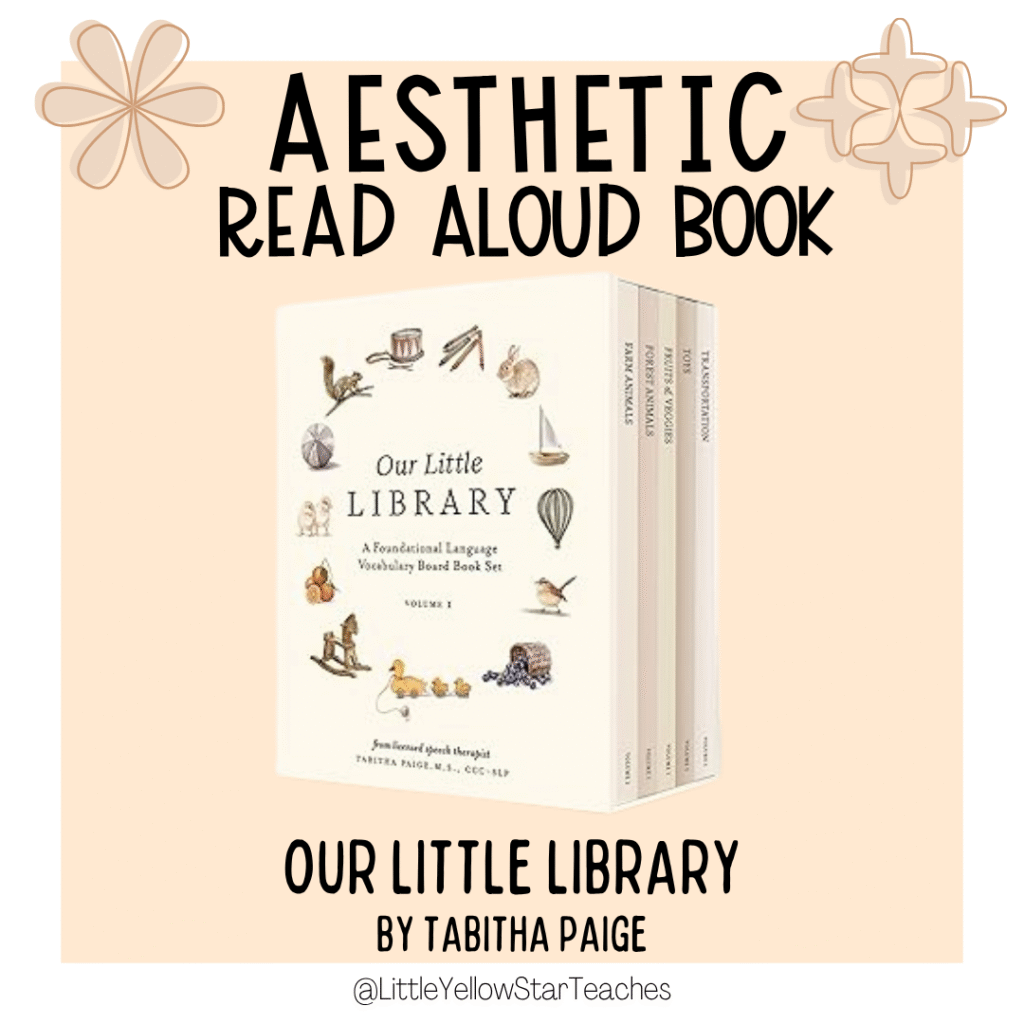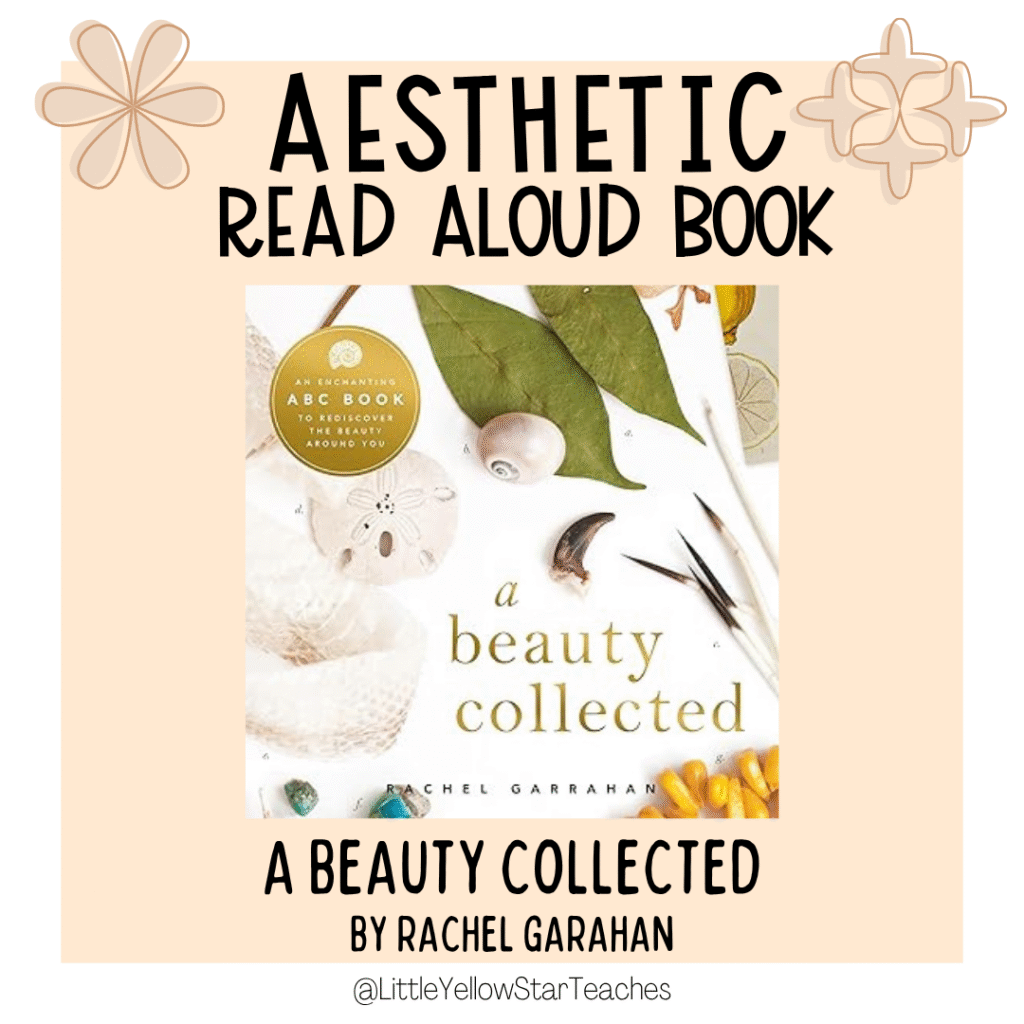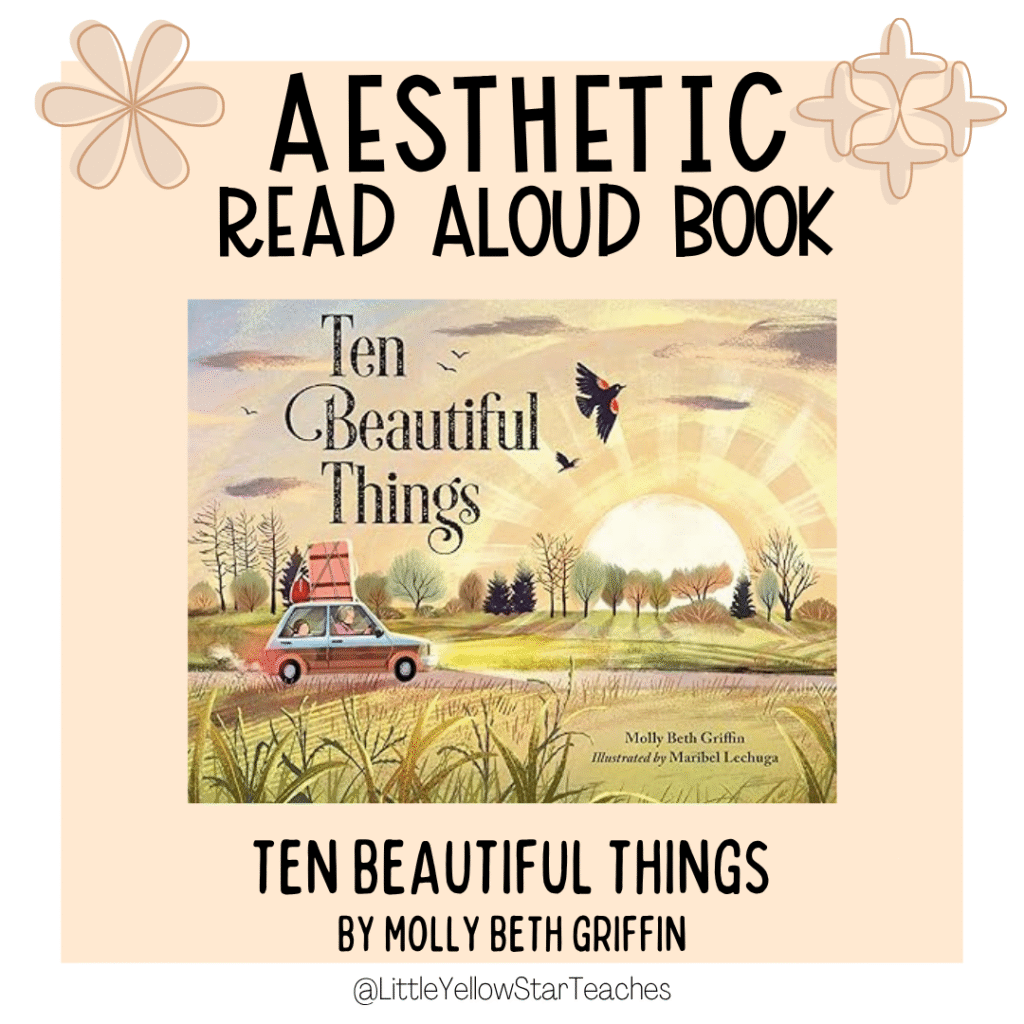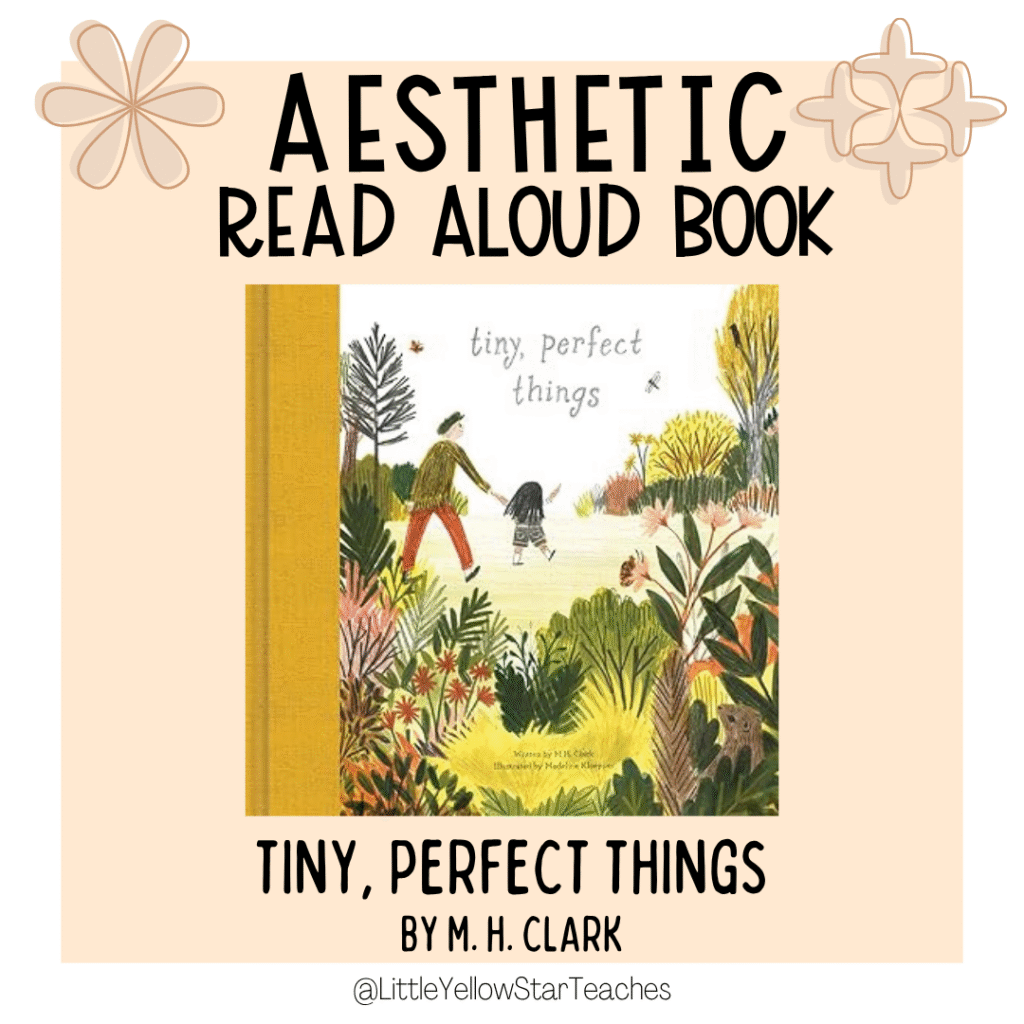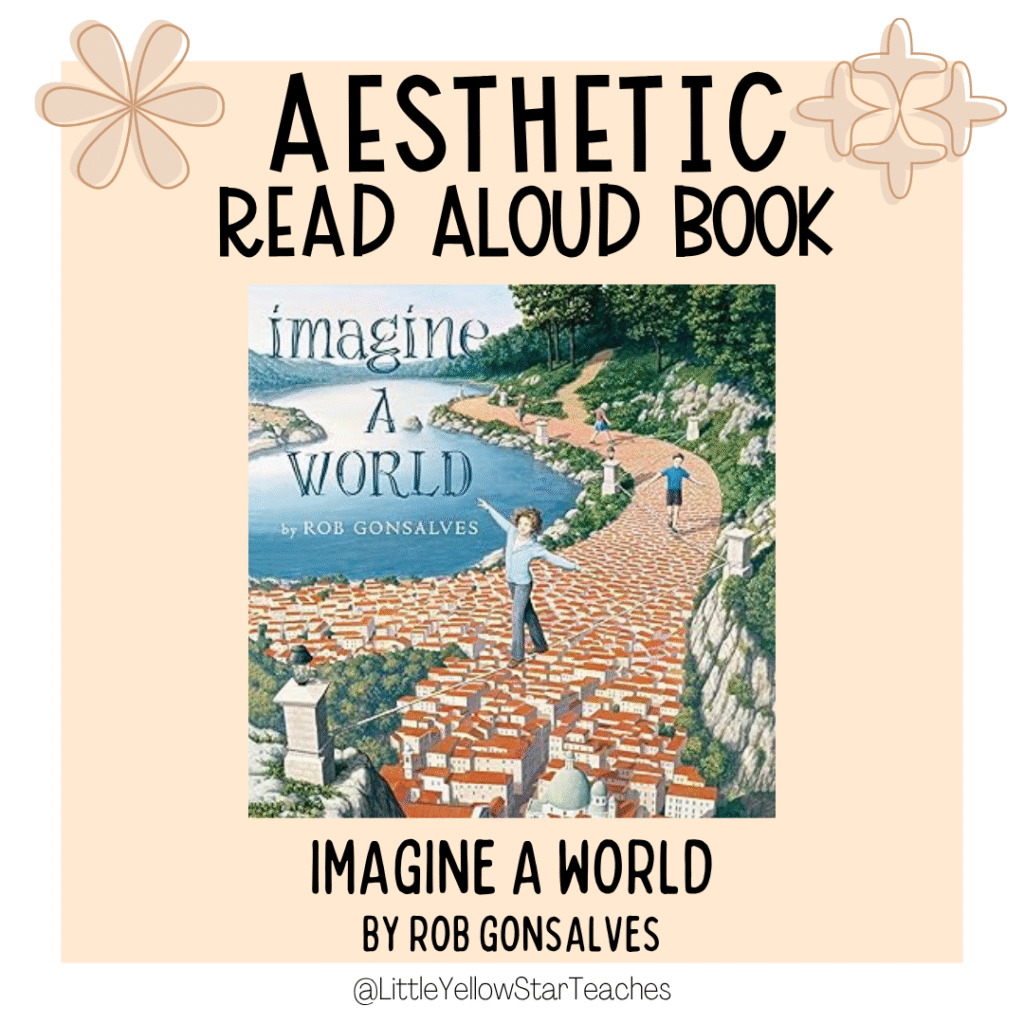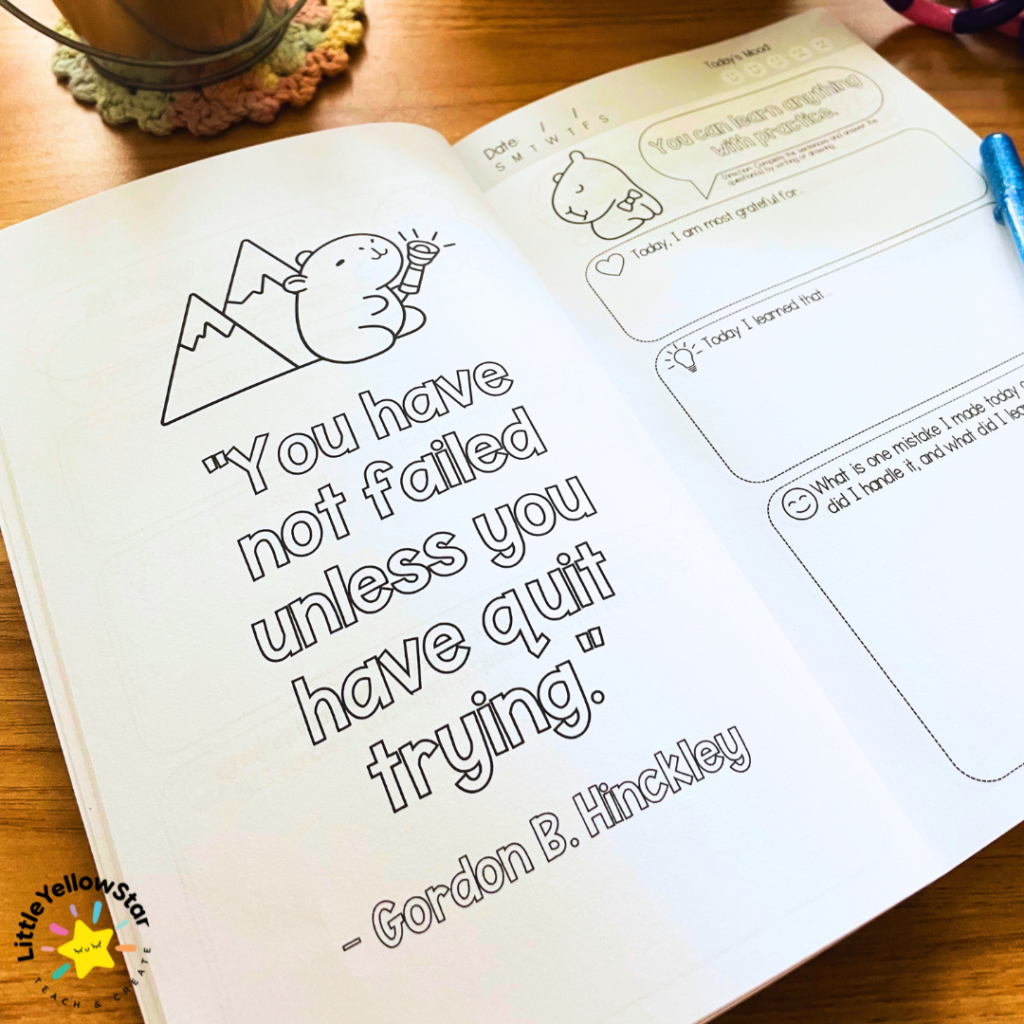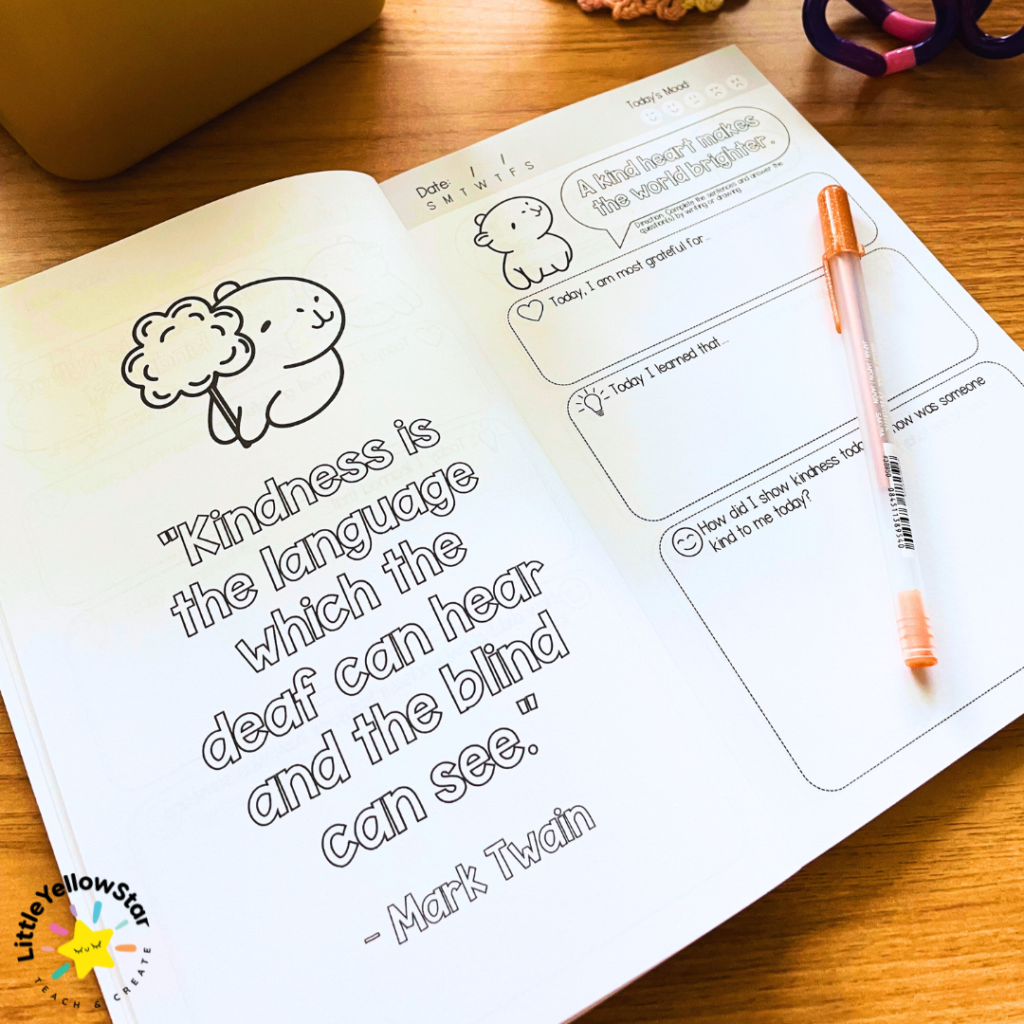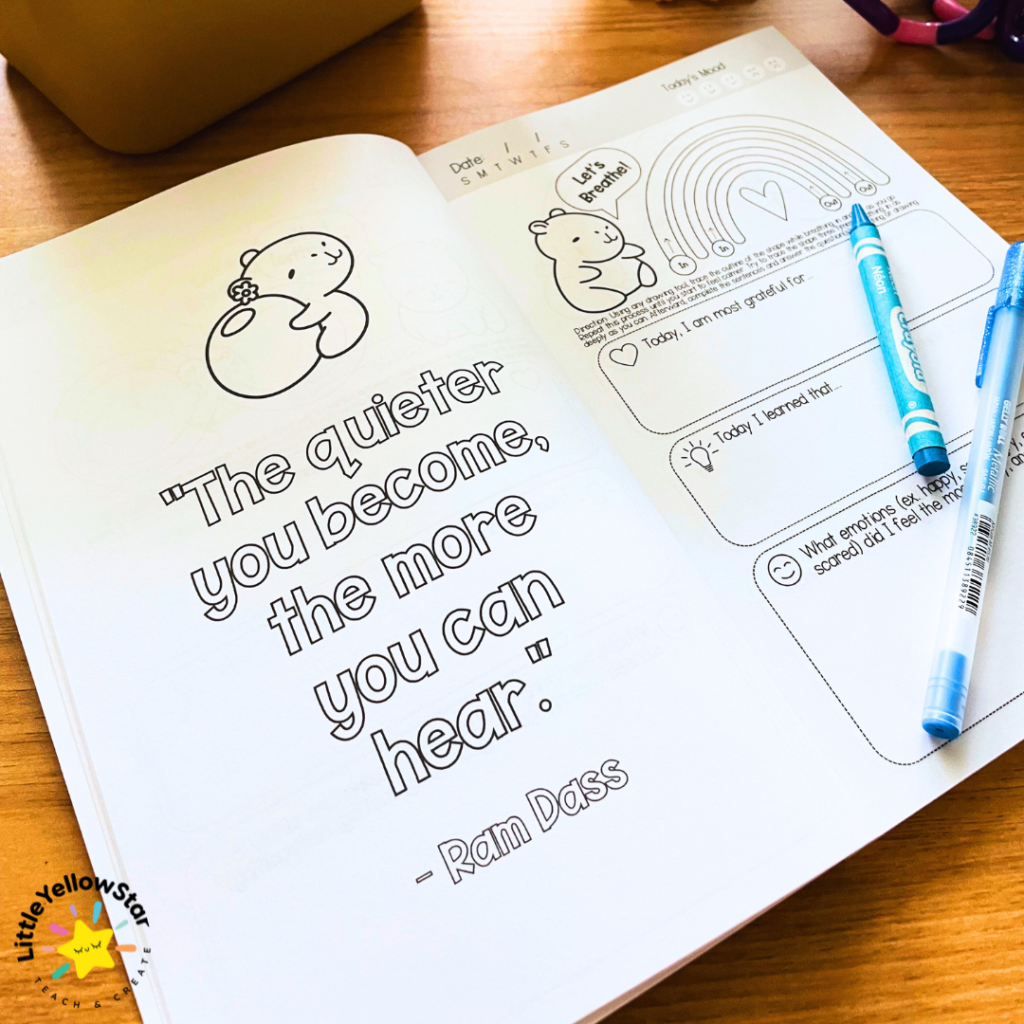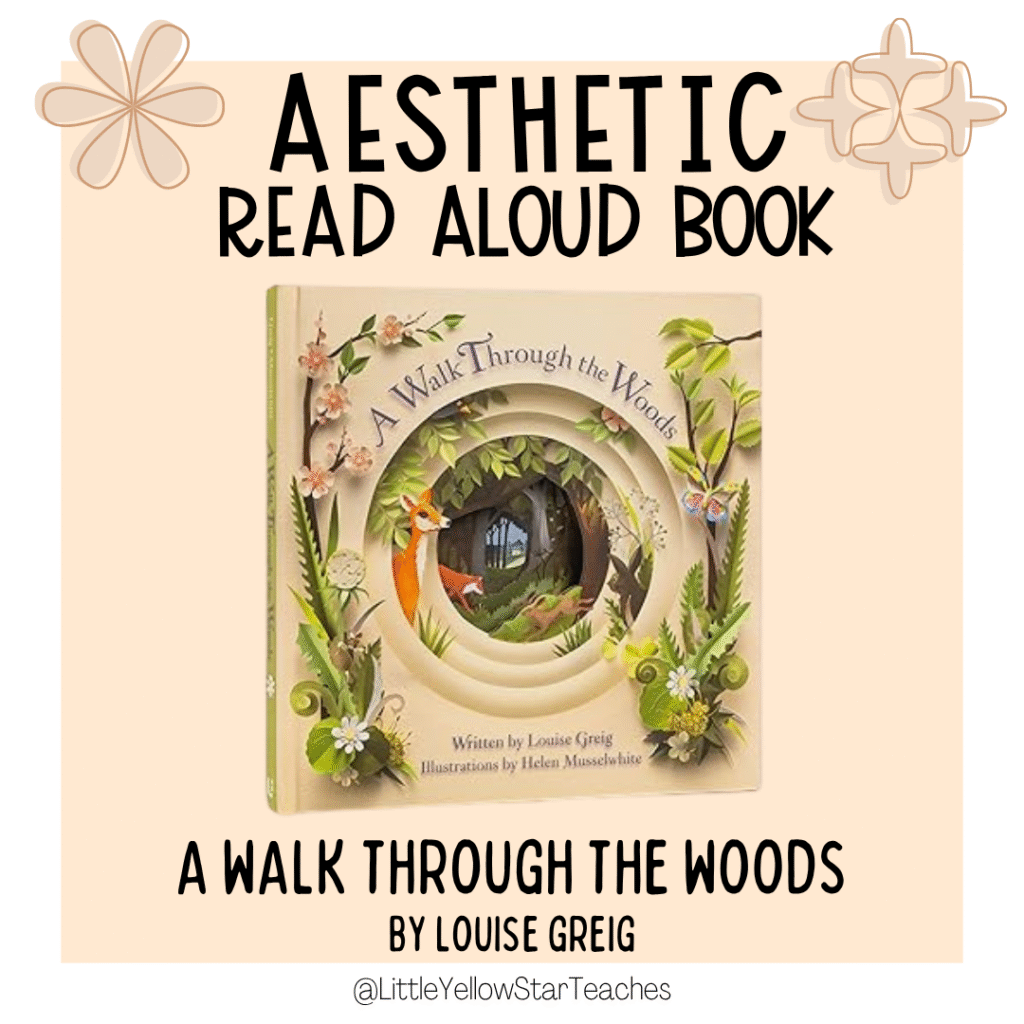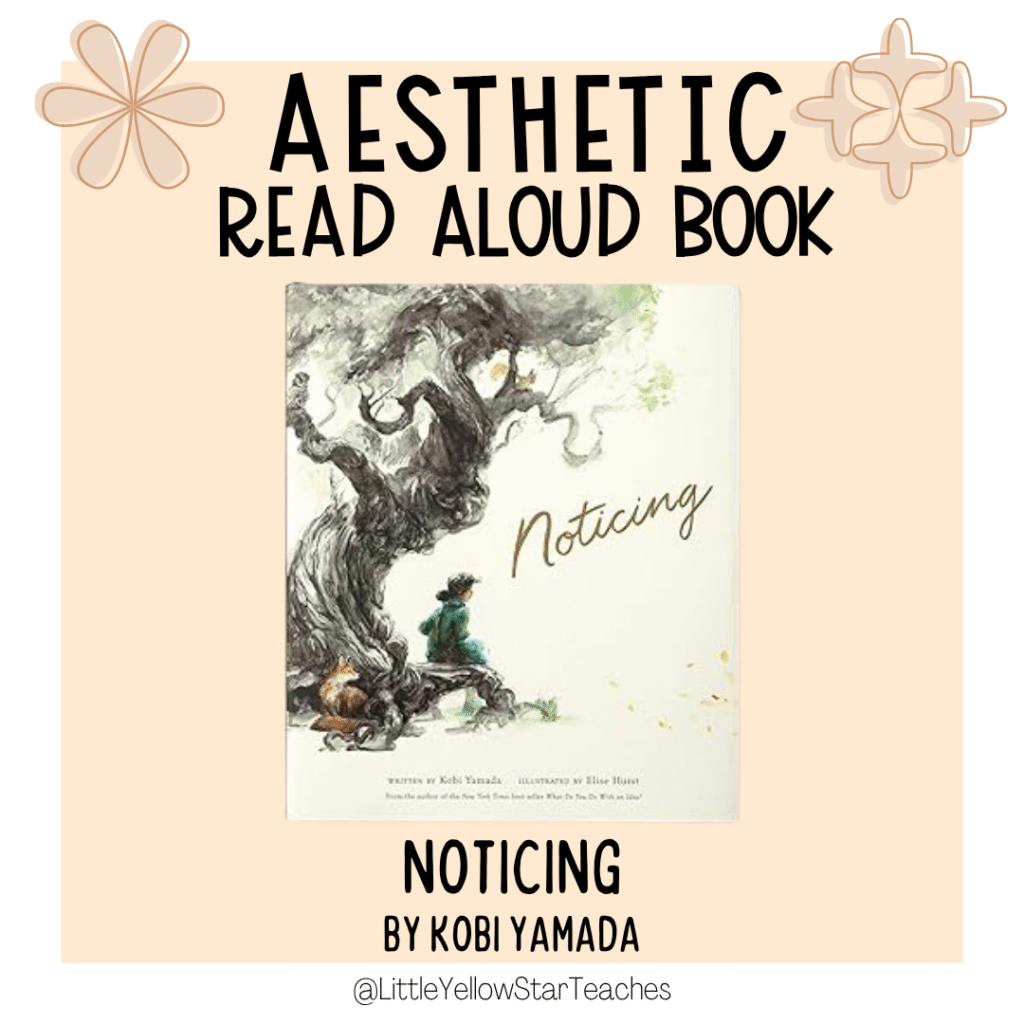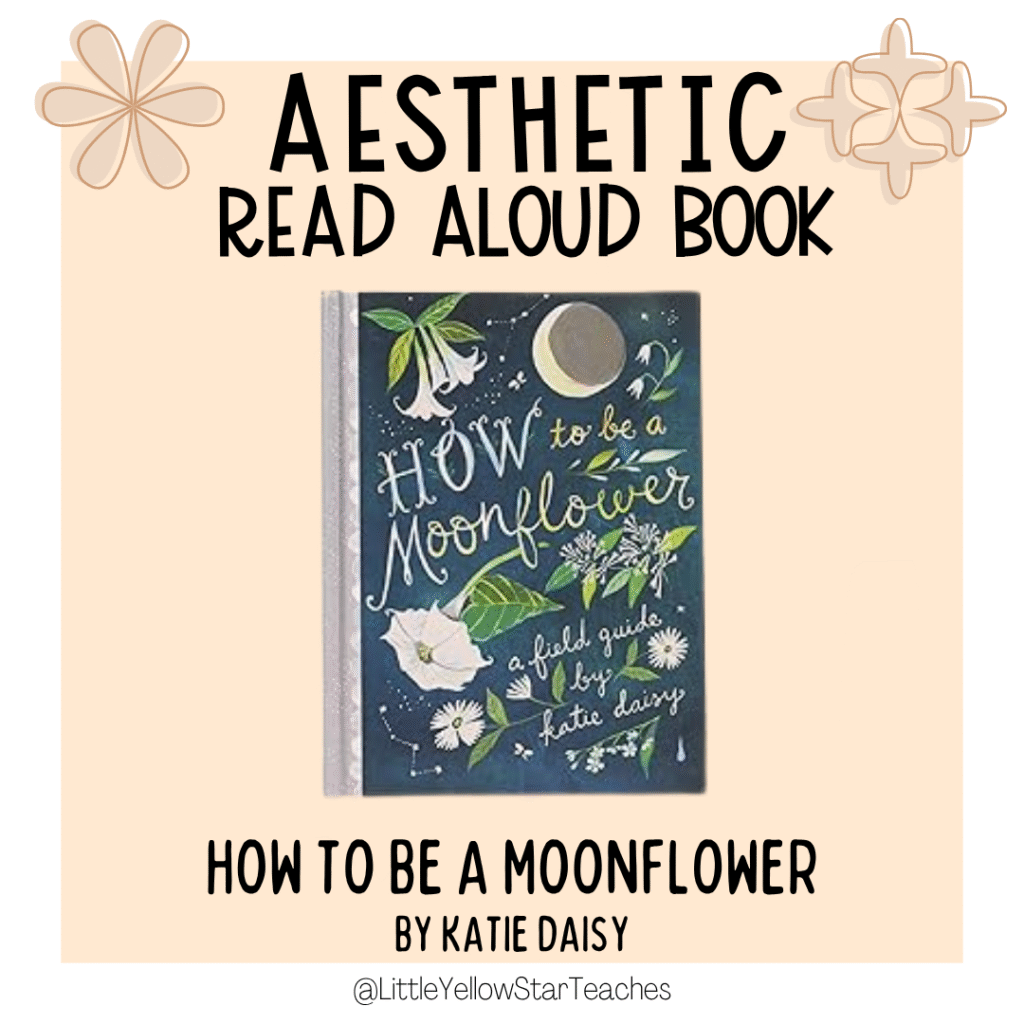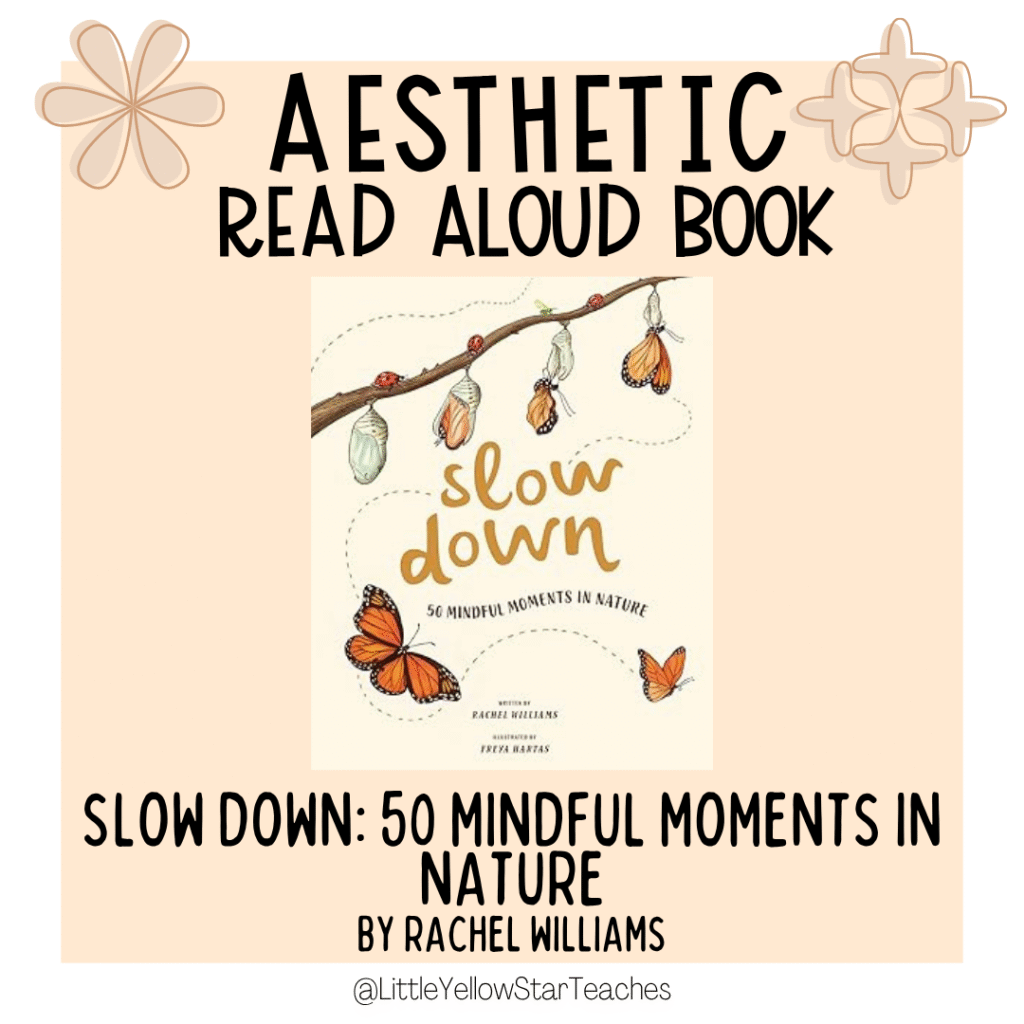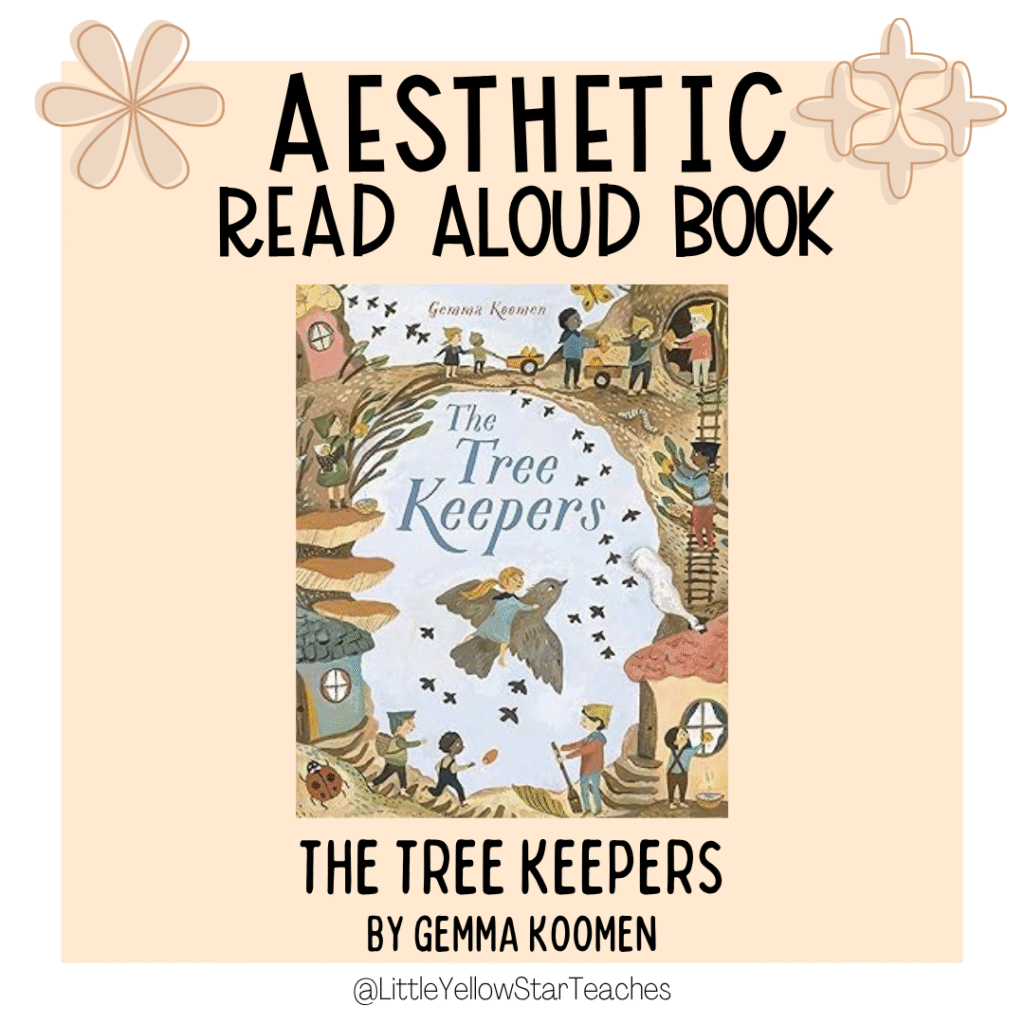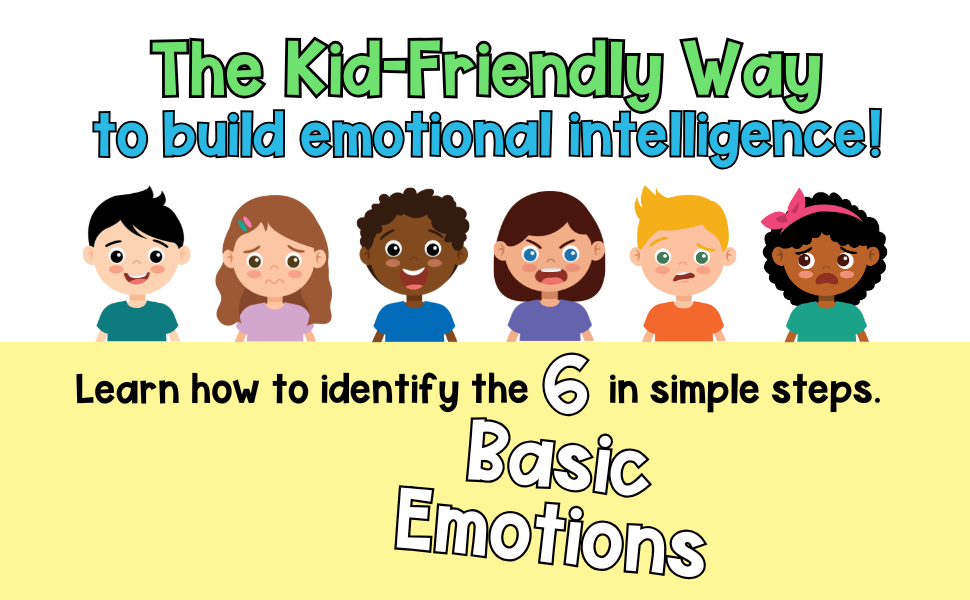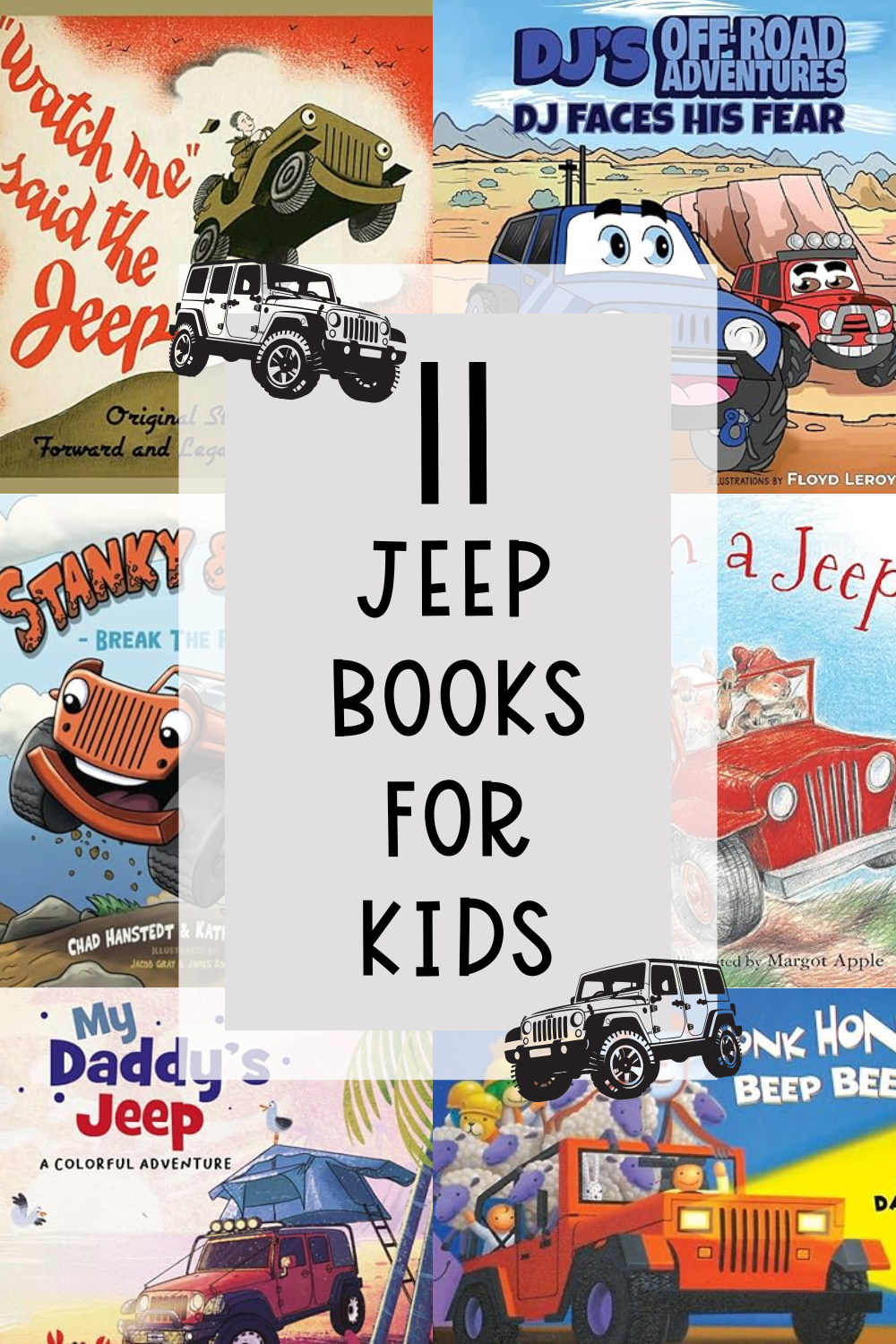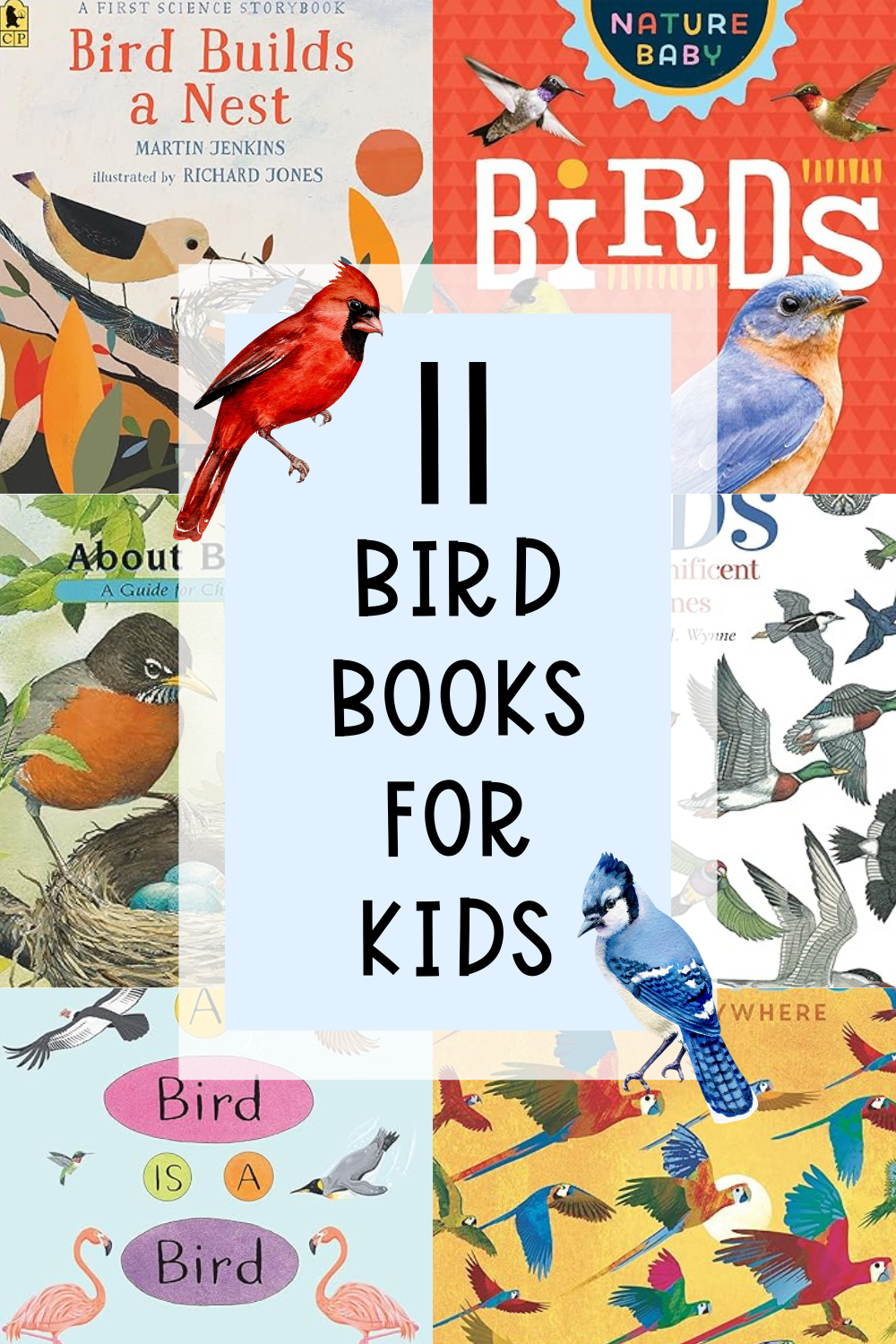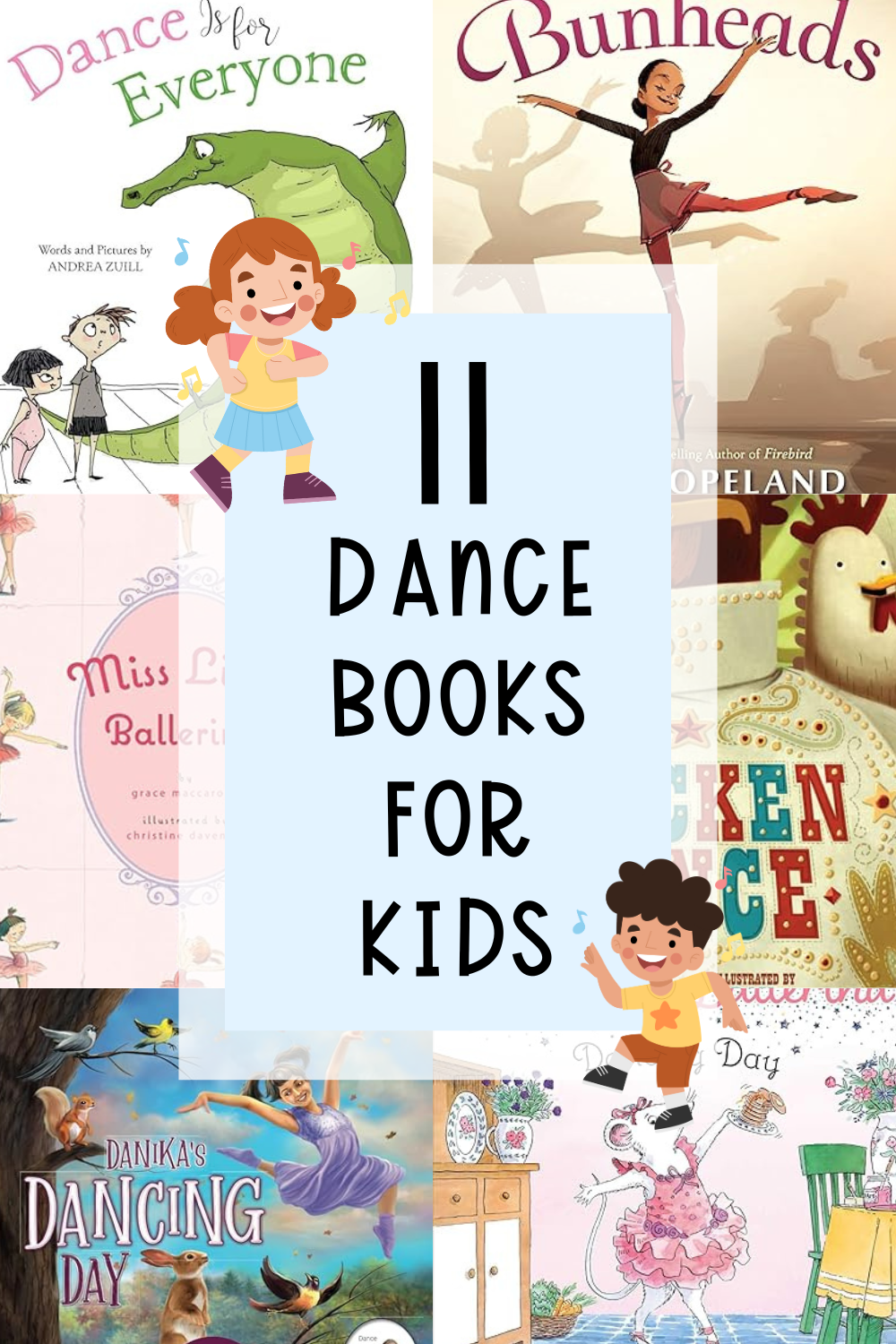Beautifully Illustrated Stories That Inspire Wonder, Calm, and Creativity
Sometimes a book doesn’t just tell a story—it paints a world. Aesthetic books for kids blend beautiful illustrations with gentle, thoughtful storytelling to create a reading experience that feels like art. These books are perfect for sparking imagination, calming busy minds, and encouraging children to slow down and enjoy the beauty of the moment.
In this post, I’m sharing my favorite aesthetic books for kids, organized by age group. I’ve also included creative activities and thoughtful questions to help children connect with these visually stunning stories. Let me know which book becomes your favorite visual escape!
***Disclosure: This post contains an Amazon affiliate link that at no additional cost to you, I may earn a small commission when you purchase through the link from my blog. Thank you for your support!
Table of Content
- Why Read Books About Aesthetic?
- The Role of Books in Teaching Kids about Aesthetic
- 11 Aesthetic Books For Children
- What Aesthetic Book(s) Are You Going To Read Later?
Why Read Books About Aesthetic?
Aesthetic books invite children into visually rich worlds where every page feels like a piece of art.
These stories often use soft colors, whimsical details, and poetic text to create a sense of calm and wonder. They help children explore beauty, emotion, and creativity—not just through words, but through how a book feels and looks.
Reading aesthetic books encourages mindfulness, imagination, and a deeper appreciation for visual storytelling.
The Role of Books in Teaching Kids about Aesthetic
Aesthetic books are perfect for helping children develop visual literacy and emotional depth.
They gently explore themes like friendship, nature, dreams, creativity, and self-discovery. Many of them feature quiet plots or open-ended endings, encouraging kids to reflect and interpret. These books are especially powerful for highly sensitive children or those who connect strongly with visuals.
They also offer a peaceful pause in a fast-paced world—a moment to breathe, gaze, and dream.
How to Use Books about Aesthetic with Children
Here are some ways to help children experience the full magic of aesthetic picture books:
- 🎨 Ask Open-Ended Questions: After reading, ask: How did this book make you feel? or What do you think the pictures were trying to say without words? Use Turn and Talk or a quiet reflection time to help kids tune into the mood.
- 🖌️ Engage in Aesthetic-Inspired Activities: Encourage kids to draw their own dreamy scenes, paint a color to match the book’s mood, or create a collage using nature materials. They can also make a “storybook journal” to record how each book made them feel.
- 📚 Refer Back to the Books: During mindfulness breaks or art time, revisit aesthetic books to spark inspiration. Ask: What textures or colors do you notice in this scene? or How would you describe the atmosphere of this page?
- 👨👩👧 Involve Other Caregivers: Recommend aesthetic books for bedtime or quiet moments at home. Encourage families to create a cozy reading nook or screen-free “aesthetic hour” with tea, art, and gentle books.
11 Aesthetic Books For Children
Younger Children (Ages 3-6)
#1 Tillie and the Wall by Leo Lionni
A thoughtful tale of curiosity and courage, this story follows Tillie the mouse, who dreams of discovering what lies beyond the wall separating her from the unknown.
Thematic Insights: Promotes exploration, overcoming fear, and seeing beyond boundaries.
Activity Suggestion: Draw a wall and illustrate what you imagine is on the other side.
Discussion Questions:
- Why was Tillie curious about the wall?
- How did her journey change her?
- What walls exist in your own life?
#2 Our Little Library by Tabitha Paige
This beautifully illustrated collection of early learning books introduces vocabulary, counting, animals, and more through gentle nature-themed pages.
Thematic Insights: Encourages language development and appreciation for simple, beautiful things.
Activity Suggestion: Create your own mini library using small books or folded paper.
Discussion Questions:
- Which book in the set is your favorite?
- What new word did you learn?
- How does nature help us learn?
#3 A Beauty Collected by Rachel Garahan
An alphabet book filled with stunning photographs of natural objects and moments, inviting readers to notice beauty in everyday life.
Thematic Insights: Celebrates mindfulness, observation, and the wonder in nature.
Activity Suggestion: Take a beauty walk and photograph or draw one thing for each letter of the alphabet.
Discussion Questions:
- Which photo was most beautiful to you?
- What new item did you discover?
- How can we notice more beauty around us?
Lower Elementary Children (Ages 7-9)
#4 Ten Beautiful Things by Molly Beth Griffin
A moving story about a girl finding beauty on a road trip with her grandmother, discovering that beauty is everywhere—even during difficult transitions.
Thematic Insights: Encourages gratitude, reflection, and recognizing joy during life changes.
Activity Suggestion: Make a list of 10 beautiful things you can see or feel right now.
Discussion Questions:
- What were some of the beautiful things Lily saw?
- How did her feelings change during the story?
- What beautiful things have you noticed today?
#5 Tiny, Perfect Things by M. H. Clark
This poetic picture book invites readers to notice the wonders of the everyday world during a simple neighborhood walk.
Thematic Insights: Highlights mindfulness, presence, and the small joys in nature and community.
Activity Suggestion: Go on a “tiny perfect things” walk and collect or sketch your discoveries.
Discussion Questions:
- What small things did the characters find?
- Why are tiny things sometimes the most special?
- What would you look for on your walk?
#6 Imagine a World by Rob Gonsalves
A mesmerizing blend of art and imagination, this book features optical illusions and invites readers to explore endless possibilities in the natural and human world.
Thematic Insights: Sparks creativity, perspective-shifting, and the power of wonder.
Activity Suggestion: Create your own imaginative world using collage or layered drawing.
Discussion Questions:
- Which picture surprised you most?
- What would your dream world look like?
- How does imagination change how we see things?
Check Out Capybara-Theme Daily Reflection Journals For Kids!
#7 A Walk Through the Woods by Louise Greig
A lyrical and meditative journey through a forest, observing the seasons, wildlife, and the quiet magic of the woods.
Thematic Insights: Encourages slowing down, connecting with nature, and feeling peaceful.
Activity Suggestion: Nature sound map – sit quietly and draw or write the sounds you hear.
Discussion Questions:
- What did the forest sound and feel like in the book?
- How can we explore the woods safely and respectfully?
- What do you notice in your own natural surroundings?
Upper Elementary Children (Ages 9-11)
#8 Noticing by Kobi Yamada
This reflective picture book celebrates paying attention, finding value in ordinary things, and seeing life with fresh eyes.
Thematic Insights: Encourages mindfulness, presence, and appreciation of life’s details.
Activity Suggestion: Keep a “noticing journal” for one week, drawing or writing a new discovery each day.
Discussion Questions:
- What did the character notice that others missed?
- How can being more aware help us?
- What did you notice today that made you smile?
#9 How to Be a Moonflower by Katie Daisy
An inspiring guidebook full of dreamy illustrations and gentle prompts that encourage readers to open up to the world around them.
Thematic Insights: Inspires wonder, slow living, and the joy of self-expression and exploration.
Activity Suggestion: Create your own moonflower page with art, poetry, or observations.
Discussion Questions:
- What does it mean to be a moonflower?
- Which part of the book made you feel inspired?
- How can you bloom in your own way?
#10 Slow Down: 50 Mindful Moments in Nature by Rachel Williams
A gentle, beautifully illustrated guide to observing natural events, like a butterfly emerging or the sun setting, inviting mindfulness and awe.
Thematic Insights: Encourages patience, attentiveness, and the magic of the natural world.
Activity Suggestion: Choose one moment from the book to observe in real life.
Discussion Questions:
- Which mindful moment did you connect with?
- Why is slowing down important?
- How can nature help us feel calm?
#11 The Tree Keepers by Gemma Koomen
In a secret forest, tiny caretakers live in trees, caring for nature and helping the world stay balanced. A whimsical tale of friendship and stewardship.
Thematic Insights: Celebrates caretaking, harmony with nature, and hidden magic in the environment.
Activity Suggestion: Design your own tree house for a tiny forest friend.
Discussion Questions:
- What do the Tree Keepers do?
- How can we take care of our natural world too?
- What kind of nature magic would you create?
Grab these free resources to make your teaching life easier!
What Aesthetic Book(s) Are You Going To Read Later?
Aesthetic books for kids offer more than a story—they create a feeling, an experience, and a little world to get lost in. These beautiful books are perfect for calming storytimes, creative classrooms, and readers who see the world through a gentle lens.
Which aesthetic book is calling to you next? Tag me on Instagram @LittleYellowStarTeaches and share your favorite dreamy reads, illustrations, or soft storytelling moments!
Happy reading!
Prima at LittleYellowStar
* * *

